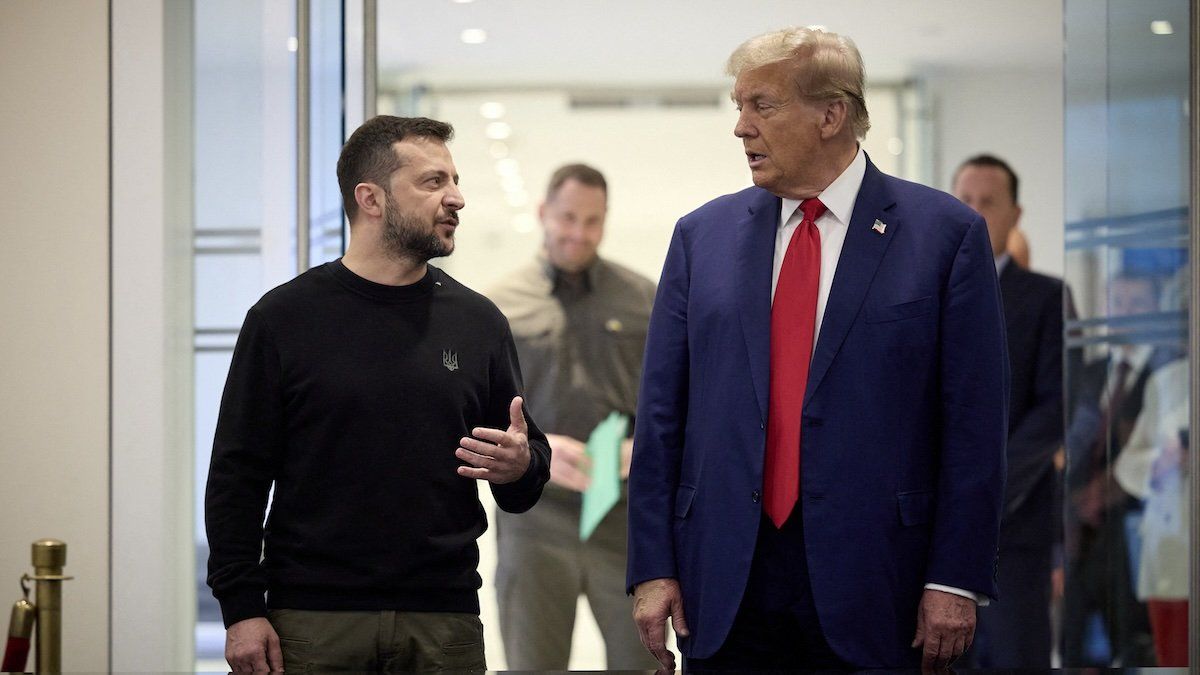While Justin Trudeau is likely to be nervously watching the US election, the stakes will be considerably higher for Ukrainian President Volodymyr Zelensky, whose country’s war against Russian invaders depends on sustained American military assistance.
The Financial Times reported this week that Trump plans to freeze the conflict along the current front line, keep Ukraine out of NATO, and have Europeans enforce the peace. He has previously said the war could be ended within 24 hours, without elaborating on how he’d accomplish this. The Ukrainians might not have much choice but to go along with a Trump plan, given their reliance on US aid, but the Russians have said halting the war might not be so easy.
Zelensky is no doubt hoping for a Harris victory, which would likely mean continued US support for the Ukrainian resistance. But there is tension between the two countries. The Ukrainian leader complained Wednesday that the United States leaked information about Ukraine’s request for long-range Tomahawk missiles, which the Americans consider unrealistic.
The war is escalating just as the US election takes place. North Korean troops are reportedly already in Kursk, the Russian border province where Ukraine has captured 250 square miles of territory. Ukraine is pushing for US approval to fire long-range missiles into Russia, but Washington, afraid of escalating the conflict, has so far refused.
Ukraine’s August surprise attack on Kursk captured headlines and bolstered Zelensky’s argument that Ukrainian forces can win. But the Kursk offensive has not stopped Russia’s advance within Ukraine, as he had hoped. With fresh soldiers from North Korea potentially joining the fight alongside Russia, Ukraine will be under pressure to hang onto its foothold, while hoping Harris wins and provides more powerful weapons.
